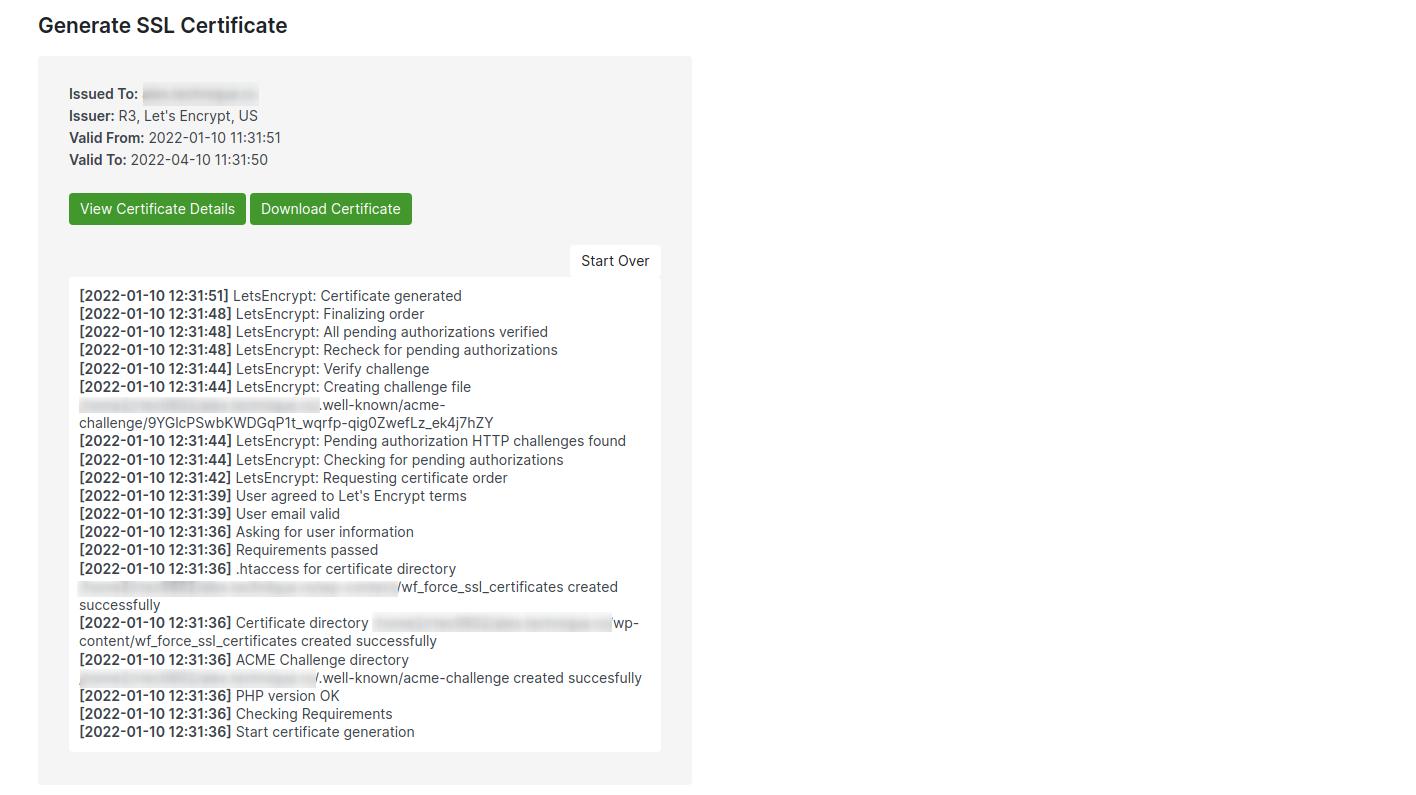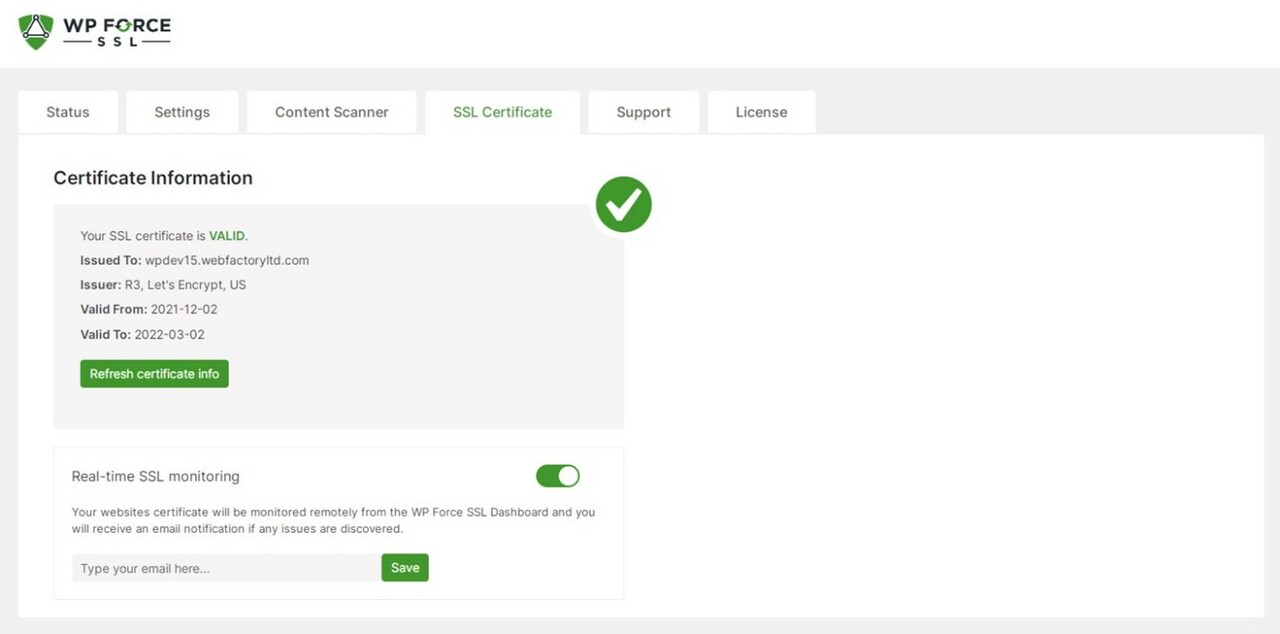In the ever-evolving digital landscape, website security is more crucial than ever. With data breaches and cyber threats becoming more sophisticated, organizations must prioritize encryption to protect their users and data. One of the key innovations in this area is the rise of free SSL/TLS certificates, particularly those provided by Let’s Encrypt, a nonprofit Certificate Authority (CA). Among their most powerful offerings, wildcard certificates stand out as a true game-changer, especially for dynamic and growing websites.
The Importance of Encryption on the Web
Website encryption is facilitated by SSL/TLS certificates, which enable HTTPS – the secure version of HTTP. When a website uses HTTPS, it encrypts the data exchanged between the browser and the server, ensuring that sensitive information such as passwords, credit card details, and personal data are safeguarded from eavesdropping and manipulation.
Traditionally, acquiring these certificates was expensive and required a complex validation process. Let’s Encrypt revolutionized this by offering free strong encryption with a streamlined, automated issuance process. This opened up robust security to individuals, startups, and small businesses that couldn’t previously afford or manage SSL certificates easily.
What Are Wildcard Certificates?
A wildcard SSL certificate secures a domain and all its subdomains with a single certificate. For example, a wildcard certificate for *.example.com covers:
www.example.comblog.example.comshop.example.com- and any other subdomain of
example.com
This capability reduces the need to manage and renew individual certificates for each sub-domain, offering not just convenience, but also enhanced consistency and control across a digital infrastructure.

How Let’s Encrypt Made Wildcard Certificates Accessible
When Let’s Encrypt launched support for wildcard certificates in 2018, it addressed a long-standing pain point for system administrators and developers. To obtain these certificates, users must complete a domain validation using the ACME (Automated Certificate Management Environment) protocol, specifically via DNS-01 challenges. Though slightly more technical than HTTP-based validation, DNS-01 is the only method that supports wildcard domains with Let’s Encrypt.
By incorporating wildcard support for free, Let’s Encrypt removed the financial barrier that previously restricted this level of encryption to larger organizations. Now anyone can automate the deployment of wildcard certificates across their platforms and services, creating a more secure internet for everyone.
Benefits of Let’s Encrypt Wildcard Certificates
The advantages of using wildcard certificates from Let’s Encrypt are numerous and compelling:
1. Cost Savings
Many wildcard certificates from traditional CAs cost hundreds of dollars annually. Let’s Encrypt provides the same level of security and flexibility completely free of charge.
2. Simplified Certificate Management
Web administrators can manage security across all their subdomains with a single certificate. This reduces overhead and the risk of expired or mismatched certificates.
3. Automation Ready
Let’s Encrypt is built for automation. Tools like Certbot, acme.sh, and others can fully automate the issuance and renewal process, including for wildcard certificates.
4. Improved User Trust
Visitors to a website are more likely to trust and engage with it if they see the padlock in the browser address bar, which SSL/TLS enables. Wildcard certificates ensure consistent encryption across subdomains, enhancing credibility and trust.
5. Scalability
As a company grows and adds more subdomains—whether for services, marketing campaigns, or regional sites—a wildcard certificate covers them all without requiring additional configurations.

Challenges and Considerations
While wildcard certificates offer many benefits, they are not without their limitations and challenges:
- DNS Access Required: Since DNS-01 challenge is required, users must have the ability to add and manage DNS TXT records, which may be technically challenging for some.
- No Support for Multi-Level Wildcards: Let’s Encrypt supports only one level of wildcard. So
*.*.example.comis not valid. - 90-Day Expiration: Let’s Encrypt certificates are valid for only 90 days, promoting automation but requiring more frequent renewals.
Despite these minor hurdles, the overall advantages make wildcard certificates particularly suitable for modern web applications, microservice architectures, and cloud-native development environments that operate across multiple subdomains.
Use Cases Where Let’s Encrypt Wildcard Certificates Shine
Wildcard certificates are ideal for:
- Web Hosting Platforms: Hosting providers can secure multiple customer websites with subdomains using a single cert, reducing legal and technical overhead.
- Agencies and SaaS Providers: Agencies managing multiple client microsites can use wildcard certs to protect all properties efficiently.
- Internal Infrastructure: Organizations running internal tools like
vpn.company.com,portal.company.com, andapi.company.combenefit enormously from simplified certificate strategy.
Impact on the Web Ecosystem
By democratizing access to wildcard SSL, Let’s Encrypt contributes significantly to a more secure, privacy-first web. Every website that adopts HTTPS reduces the opportunities for surveillance, data mining, and cyber attacks. Google, Mozilla, and other tech giants now mark non-HTTPS sites as “Not Secure”, urging operators to encrypt by default.
Let’s Encrypt’s approach aligns with this movement, making wildcard certificates not only more accessible but also more practical for deployment at scale. As automatic issuance and renewal systems improve, a future where every connection is encrypted becomes much closer.
Conclusion
Let’s Encrypt wildcard certificates are an innovative leap in website security. They offer profound benefits in cost, ease-of-use, and scalability—qualities that resonate with startups, large enterprises, and everyone in between. While minor technical challenges exist, the open-source ecosystem surrounding Let’s Encrypt continues to evolve rapidly, easing adoption barriers. Secure web architecture is no longer a luxury but a baseline expectation, and wildcard certificates from Let’s Encrypt bring that expectation within reach for all.
Frequently Asked Questions
-
Q: Are wildcard certificates free with Let’s Encrypt?
A: Yes, wildcard certificates are offered for free but require DNS-01 challenge for domain validation. -
Q: Can I use Let’s Encrypt wildcard certificates for internal servers?
A: Absolutely. As long as the internal servers use publicly resolvable domains and you can complete the DNS-01 challenge, it’s possible. -
Q: What tools support automation of wildcard certificates?
A: Tools like Certbot with DNS plugins, acme.sh, Dehydrated, and Lego support automated issuance and renewal. -
Q: Is HTTPS really necessary for all websites?
A: Yes. HTTPS is crucial for protecting user data, search engine optimization, credibility, and browser compatibility. -
Q: Can a wildcard certificate secure multiple domains?
A: No, wildcard certificates only secure subdomains of a single domain, such as all subdomains ofexample.com. To secure multiple domains, you need a SAN (Subject Alternative Name) or multi-domain certificate, which Let’s Encrypt also supports with limitations.


